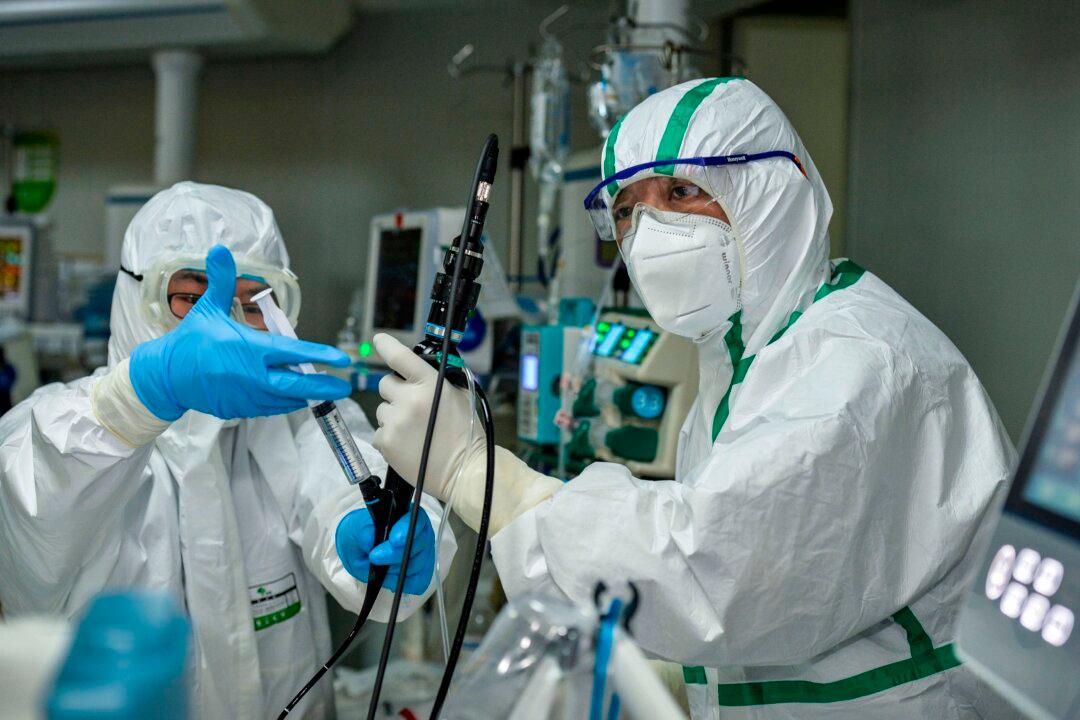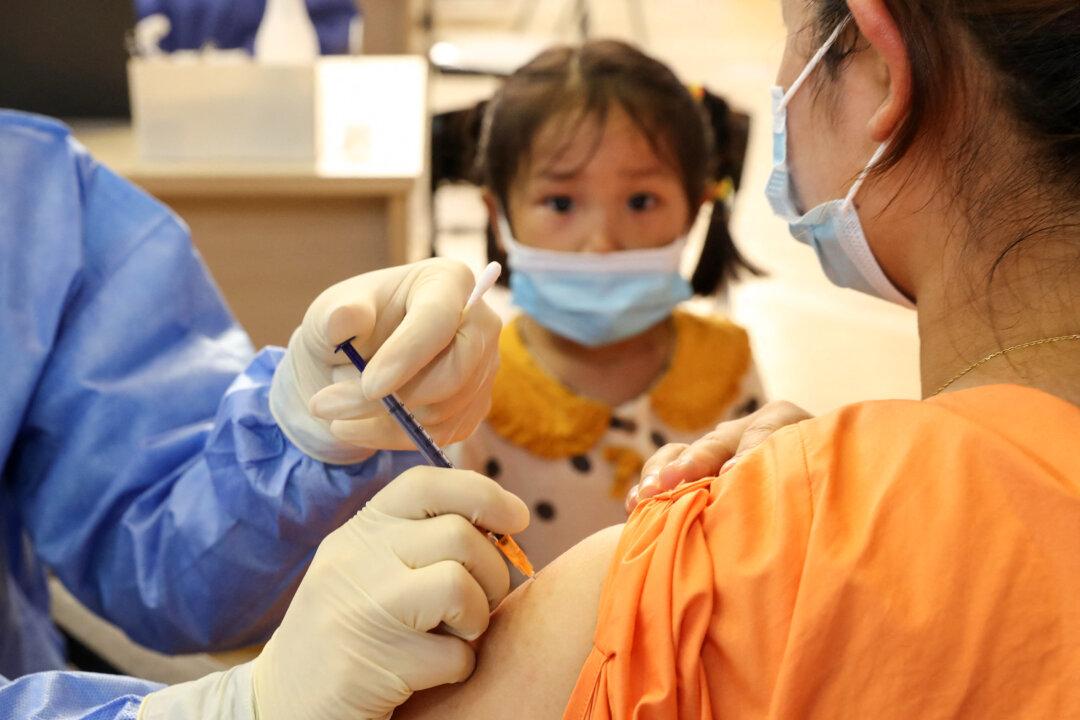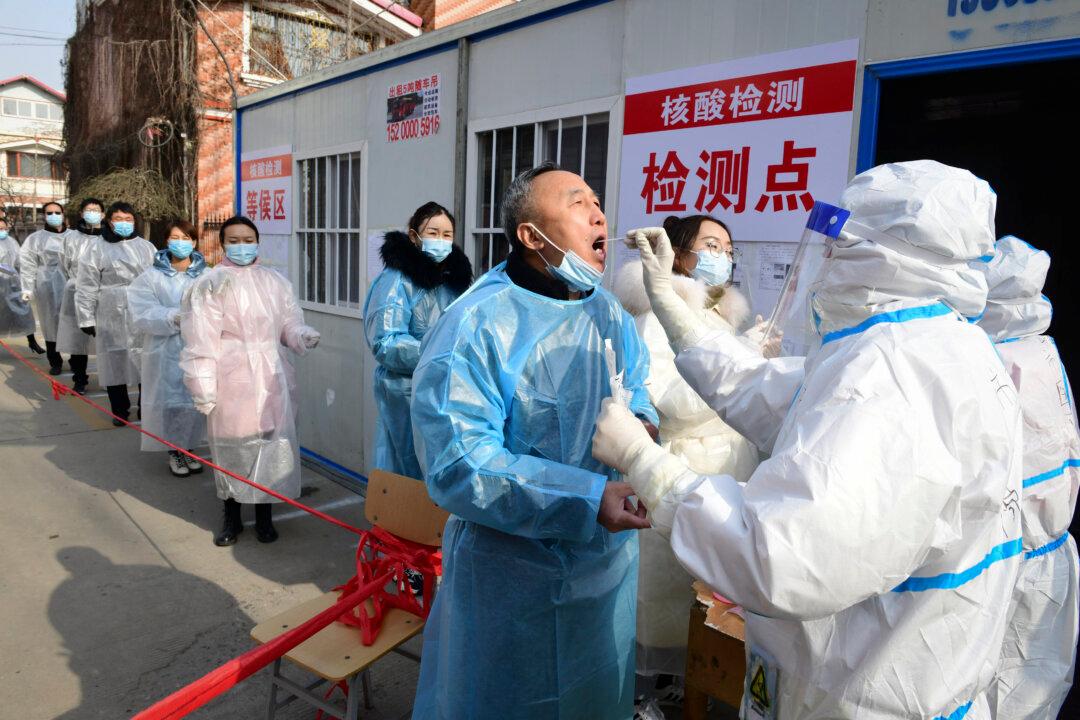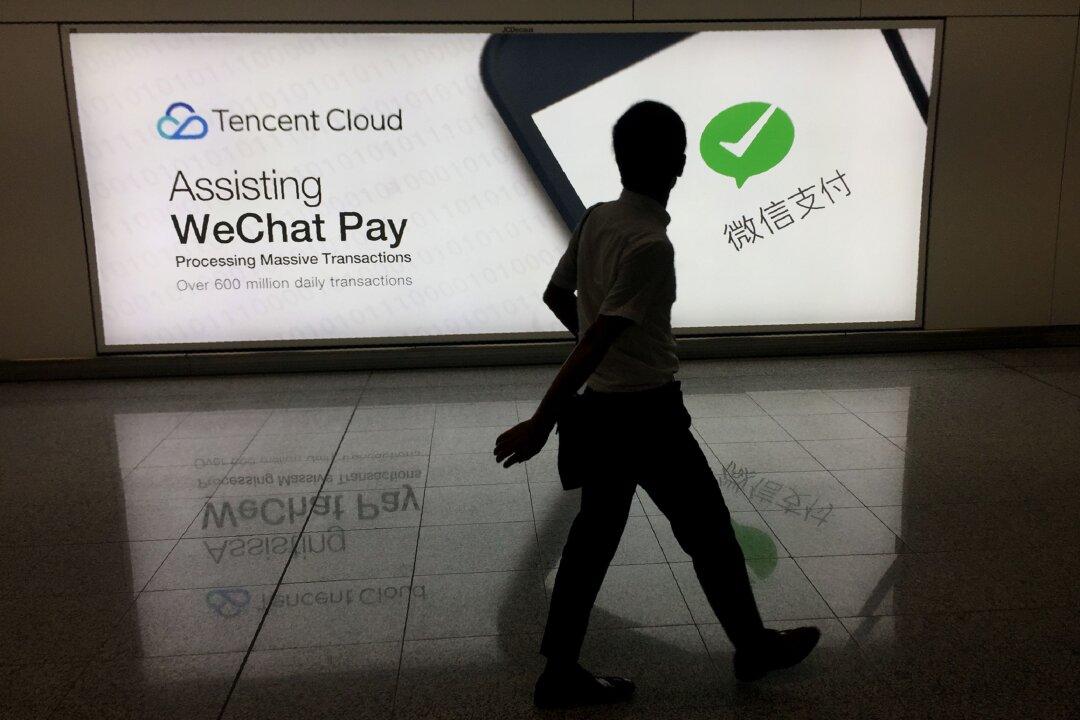Throughout Chinese history, the Qinling mountain range in China was referred to as “the dragon vein.”
Xi'an city, the ancient capital of at least 11 Chinese dynasties, is nestled among the mountains—a geological feature that divided China into its northern and southern regions. Qinling was considered a sacred site with connections to the rulers of the Chinese empire.



